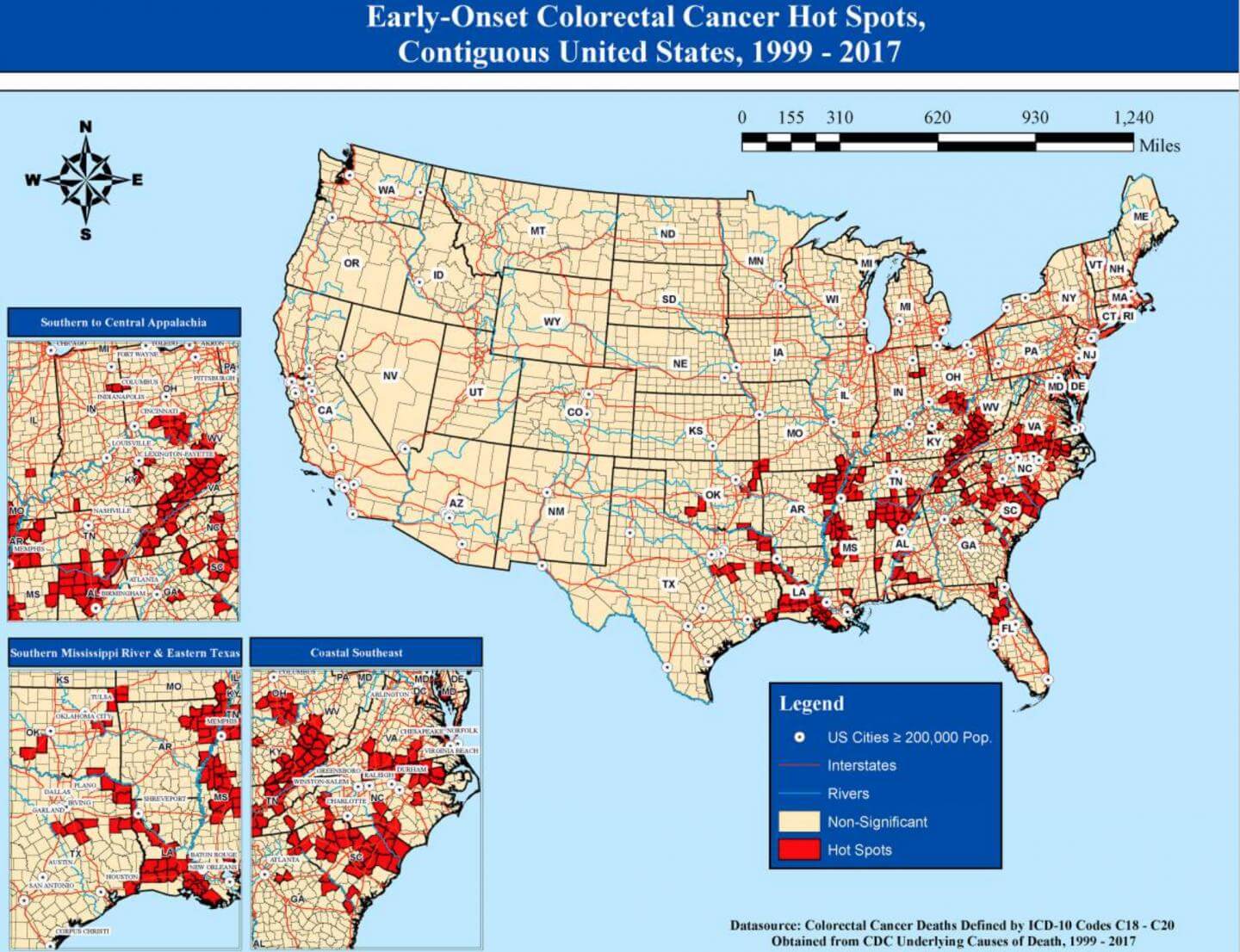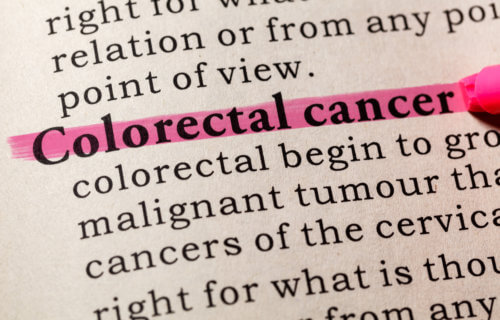ST. LOUIS — Colorectal cancer diagnoses are rising among younger adults, making it that much more important to recognize the signs of the disease before it spreads. Scientists have recently identified four symptoms that could serve as red flags for early-onset colorectal cancer.
“Colorectal cancer is not simply a disease affecting older people; we want younger adults to be aware of and act on these potentially very telling signs and symptoms—particularly because people under 50 are considered to be at low risk, and they don’t receive routine colorectal cancer screening,” says Yin Cao, ScD, an associate professor of surgery in the public health sciences division and research member of Siteman Cancer Center at Barnes-Jewish Hospital and Washington University School of Medicine.
Cao served as the senior author of the study. The recommended age for colorectal cancer screening was lowered in 2021 from 50 to 45.
The four symptoms — abdominal pain, rectal bleeding, diarrhea, and iron deficiency anemia — occurred between three months and two years before diagnosis. Having a single symptom doubles the risk of having colorectal cancer before the age of 50. Two symptoms upped the risk by more than 3.5 times, and three or more of the above symptoms skyrocketed the risk by more than 6.5 times.
“It’s also crucial to spread awareness among primary care doctors, gastroenterologists, and emergency medicine doctors,” Cao explains in a university release. “To date, many early-onset colorectal cancers are detected in emergency rooms, and there often are significant diagnostic delays with this cancer.”

Younger adults are catching the disease too late
Two symptoms, rectal bleeding and iron deficiency anemia, were the most concerning. The authors suggest having these two problems points to an urgent need for endoscopy and follow-up. Iron deficiency anemia is a condition where there are not enough healthy red blood cells to carry oxygen.
The discovery of the four warning signs came after Cao and his colleagues looked through health insurance data from 113 million people between the ages of 18 and 64. Of those, 5,000 patients had early-onset colorectal cancer. People born in 1990 had double the risk of colon cancer and four times the risk of rectal cancer than adults born in 1950.
According to the American Cancer Society, the death rate of colorectal cancer has dropped in older adults because of regular colonoscopies and improved treatment. On the other hand, younger people were getting diagnosed later in life, and when they did, the cancer had already advanced to a more serious stage.
“It usually takes about three months to get a diagnosis from the time a person first goes to the doctor with one or more of the red-flag signs and symptoms we’ve identified,” says first author Cassandra Fritz, an assistant professor of medicine at Washington University School of Medicine. “But in this analysis, we found that some young adults had symptoms for up to two years prior to their diagnoses. That may be part of the reason many of these younger patients had more advanced disease at the time of diagnosis than what we normally see in older people who get screened regularly.”
Lifestyles may also contribute to cancer onset
Cao also uncovered several risk factors and molecular causes contributing to colorectal cancer among younger people. The biggest reasons stemmed from obesity, prolonged sitting, metabolic syndrome, diabetes, and drinking too many sugary drinks. Recognizing the risk factors and warning signs as early as possible would help with making a plan to stop cancer before it gets worse.
“Since the majority of early-onset colorectal cancer cases have been and will continue to be diagnosed after symptom presentation, it is crucial to recognize these red-flag signs and symptoms promptly and conduct a diagnostic work-up as soon as possible,” Cao adds. “By doing so, we can diagnose the disease earlier, which in turn can reduce the need for more aggressive treatment and improve patients’ quality of life and survival rates.”
The study is published in the Journal of the National Cancer Institute.
You might also be interested in:
- Plant-based diets can lower risk of colorectal cancer — but only in men
- Eating red meat linked to DNA damage, mutations in patients with colorectal cancer
- Colorectal cancer ‘hotspots’ discovered in south as death rate among men rises

